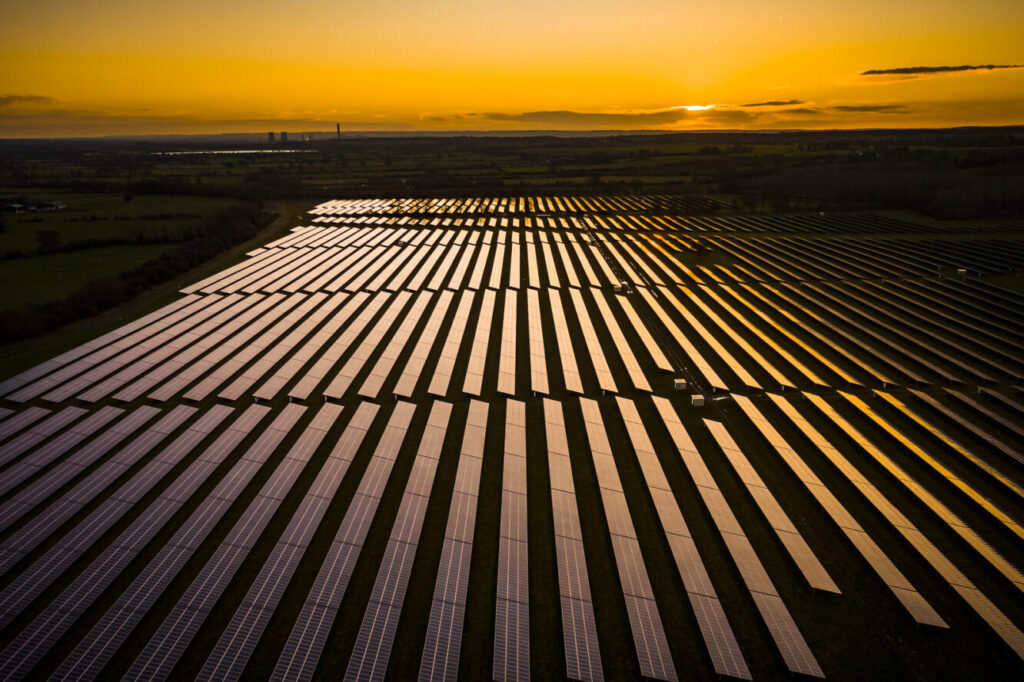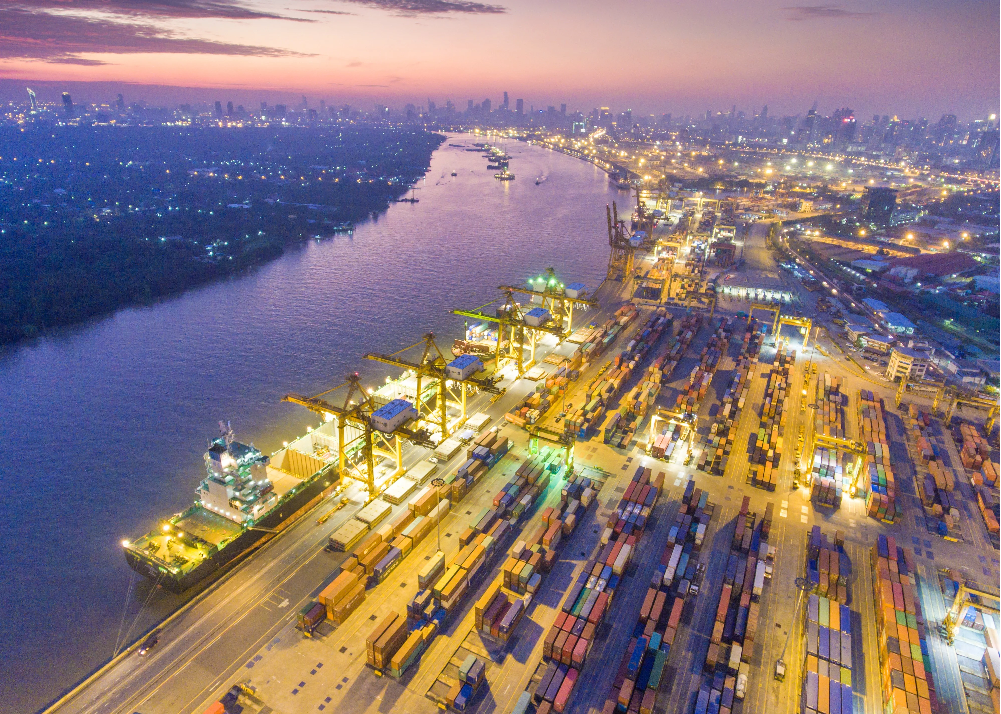I Squared positions itself for a decade and more of Infratech investing
I Squared Capital’s executive reshuffling announcement last week was intended to remove any doubt about the asset manager’s determination to be a lasting presence in infrastructure dealmaking for the foreseeable future.
Such an affirmation was seen as needed as the firm has seen several notable personnel departures over the past year or so, including most recently Andreas Moon and, soon, Managing Partner Adil Rahmathulla. The firm has also made a number of hires to replace outgoing staff including Brent Tasugi from AMP, Damian Darragh and David Rosenblum.
As I Squared projects itself as a font of novel dealmaking over the next decade, executives have been drawing up plans to extend their reach into all corners of infrastructure and infra-adjacent markets.
Working from his office in Miami, a city that straddles two very distinct but critically important continents where unique investment trends are shaking out, Sadek Wahba, I Squared’s founder, chairman and managing partner, highlighted a couple of drivers that he feels will shape the infrastructure market for years to come.
“We've invested in a tech fund, and I Squared is probably the first to do that,” Wahba said in an interview. “If you ask me, I think infrastructure is going to be fundamentally changed by the introduction of technology to the delivery of infrastructure services. There are two groups: tech organic, inherent to the industry itself, and tech developed outside of the infra industry. … Certain technologies are fundamentally changing the day-to-day operations of traditional infra.”
In February 2021 the asset manager launched its ISQ Global Infratech Fund that targets growth-stage companies that utilize the latest technologies in logistics, supply chain and agriculture. In June of that year ISQ made a deal with Coral Gables, Florida-based Fresh Del Monte Produce with the fruit and vegetable purveyor agreeing to invest in the fund.
Aside from ag-tech, Wahba and team are also looking for opportunities in cybersecurity and related applications that ultimately offer protection services for physical hardware that is often more associated with infrastructure investing.
“We're not taking venture risk, we're taking growth risk because we know that in the coming years those type of infrastructures, whether you're a dam, an airport or a power plant, will require that kind of protection,” he said.
Last August President Joseph R. Biden appointed Wahba — a noted proponent of security and cybersecurity — and 26 others to his National Infrastructure Advisory Council, which is tasked with reducing “physical and cyber risks and improv[ing] the security and resilience of the nation’s critical infrastructure sectors.”
With regards to power and energy, it’s difficult to have a conversation about investment prospects in coming years without discussing hydrogen, nuclear, batteries and the ongoing development of other technologies.
Wahba described investment opportunities in distributed power generation systems as “massive,” especially with the advent of electric cars and the possibility that one day those vehicles could sell power back into the grid conveniently from the motorist’s house.
“What about using the battery in your car to provide electricity to the house or what about using the car to sell electricity into the grid?” he asked rhetorically. “That piece of technology is not on the radar of the infrastructure world but that is what we're investing in.”
Mixing tech with conventional infrastructure investing, I Squared holds the view that marine port and port adjacent sectors could see a wave of consolidation in coming years in addition to areas in which there is a “huge need” for investment, such as drayage, warehousing and other intermodal assets.
When he was an executive with AMP in 2021, Tasugi — who headed the firm’s transport and logistics teams — told Infralogic of the opportunities in frozen food storage and corresponding warehousing not only in the US but also in emerging markets, such as Latin America.
“In the emerging world, growing consumer power and higher standards of living serve as a helpful backdrop for less grain-based and more protein-rich western-style diets,” he said at that time. “All of these will need to be stored in temperature-controlled environments.”
Most existing warehouses are older and require costly maintenance, he said.
“There is going to be a wave of capital investment to refurbish these facilities and, more importantly, introduce technology into them to reduce their energy footprint and streamline their operations to enable them to meet the demands of tomorrow,” Tasugi said.
Wahba noted that it will be difficult to invest in the space without permitting and other regulatory reforms.
“It's an issue that’s being discussed with the President’s National Infrastructure Advisory Council — investment not just in ports themselves but in all the ancillary businesses: security, cybersecurity, weather forecasting for ships coming in and out, consolidation could help that,” Wahba said.










